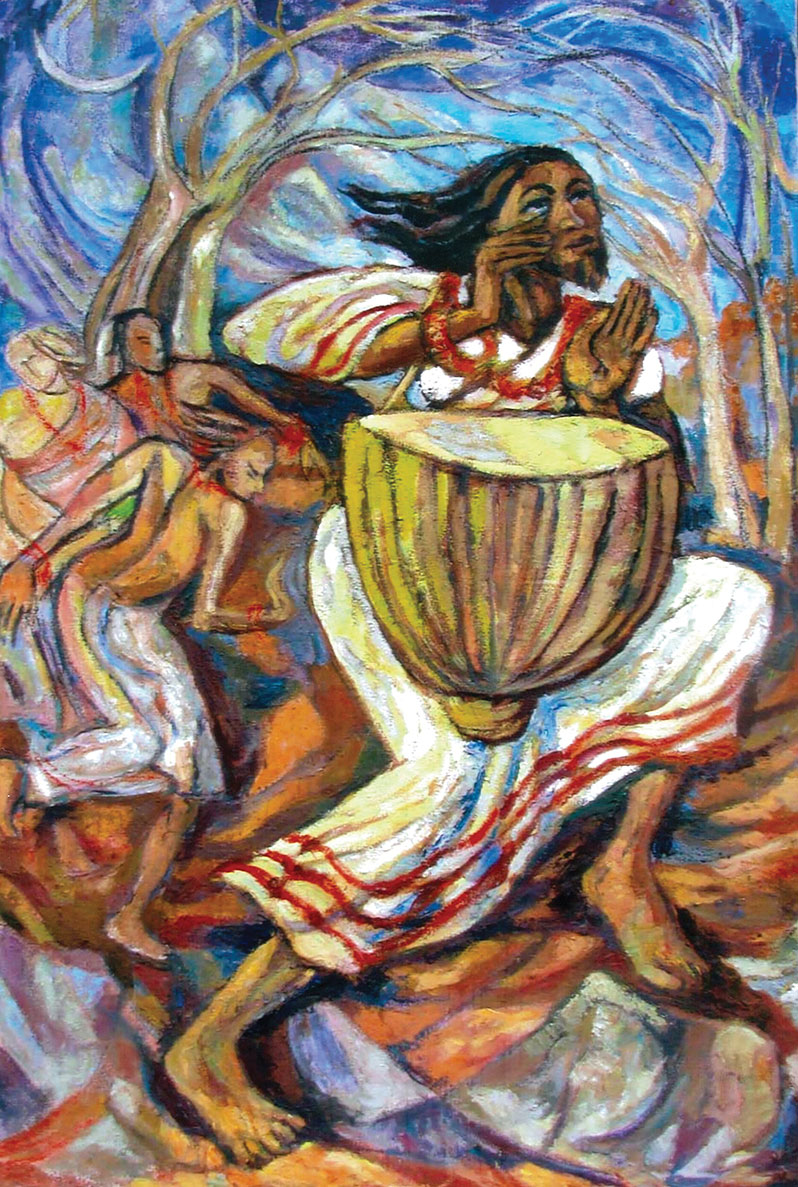<h3>Educational Level: Upper undergraduate, Bachelor
Credit Hours: 3 Credits
Instructor: <a href="https://missional.university/theologicalstudies/sts-faculty/jacob-rollison/" target="_blank" rel="noreferrer noopener"> Dr. Jacob Marques Rollison </a></h3>
<h3>Course Description:</h3>
How has God spoken in word, deed, and through a variety of media, including nature, natural objects, and word pictures? The student will examine Scriptural and historical examples, various theories of communication, and practical missional concerns to develop a theology for telling the Good News in a variety of media.
<h3>How This Course Benefits Students:</h3>
The missional student must communicate if he is, in fact, going to be missional. This course will enable him to understand the Biblical, theoretical, and practical concerns for sound cross-cultural communication of the gospel.
<h3>Why This Course Is Important:</h3>
Although all agree that media and communication is essential for the missional task, not all are agreed on the validity of all media. This course will help the student make sure that the medium does not become the message, but will always be in service to the message.
Credit Hours: 3 Credits
Instructor: <a href="https://missional.university/theologicalstudies/sts-faculty/jacob-rollison/" target="_blank" rel="noreferrer noopener"> Dr. Jacob Marques Rollison </a></h3>
<h3>Course Description:</h3>
How has God spoken in word, deed, and through a variety of media, including nature, natural objects, and word pictures? The student will examine Scriptural and historical examples, various theories of communication, and practical missional concerns to develop a theology for telling the Good News in a variety of media.
<h3>How This Course Benefits Students:</h3>
The missional student must communicate if he is, in fact, going to be missional. This course will enable him to understand the Biblical, theoretical, and practical concerns for sound cross-cultural communication of the gospel.
<h3>Why This Course Is Important:</h3>
Although all agree that media and communication is essential for the missional task, not all are agreed on the validity of all media. This course will help the student make sure that the medium does not become the message, but will always be in service to the message.
- מורה: Jacob Marques Rollison

Educational Level: Lower undergraduate, Associate
Credit Hours: 3 Credits
Instructor: Dr. Stephen Lim
Course Description:
Explores key theories and practices necessary for local (indigenous) communities to receive the Christian faith and apply its message to their life contexts, expressing it through local cultural forms and traditions, reflecting upon it in writings, art, music, drama, dance, etc., while addressing issues, needs, problems and questions which have arisen within and are pertinent to those specific contexts.How This Course Benefits Students:
The bachelor level course will provide the student with an introduction to the reality that all theology is contextual and the missional task is a theological task. The masters level course assumes a basic knowledge of contextual theology and examines case studies of the contextualization process. This course will provide necessary skills and a conceptual framework for evaluating a context entering into a constructive, missional dialogue with it.Why This Course Is Important:
The missional imagination is one in which the reign of God is realized within every particular context in the world, both conforming to the shape and transforming the shape of that context with the message of Jesus. This course teaches the practical process of living that theological reality out in everyday practice within community, and is thus, vital to the vision of Missional University.- מורה: Stephen Lim
